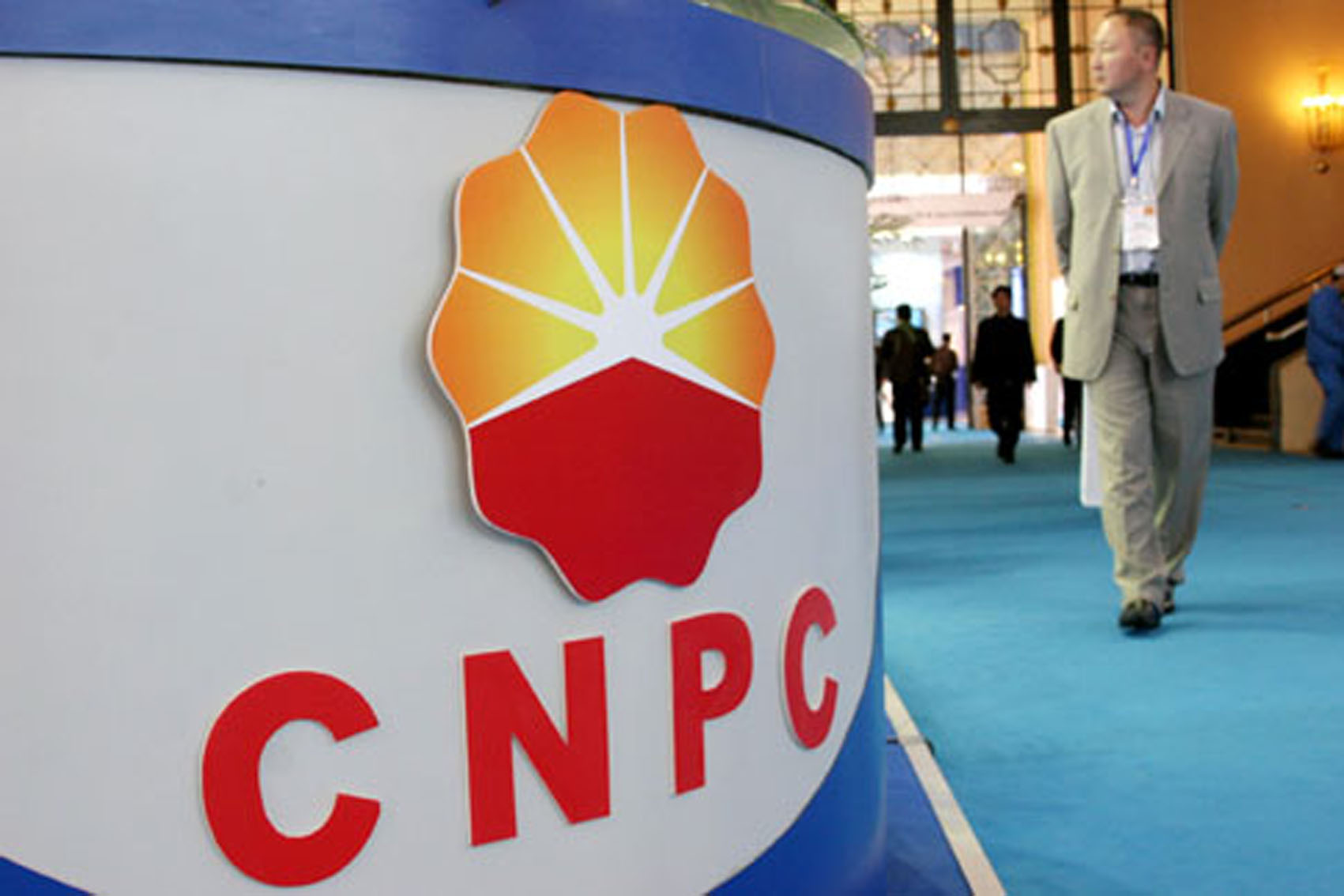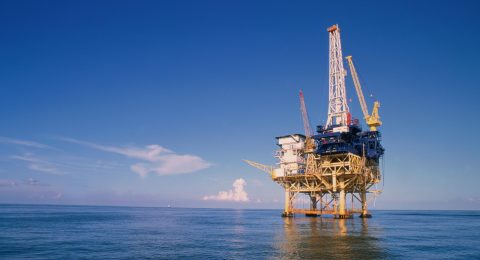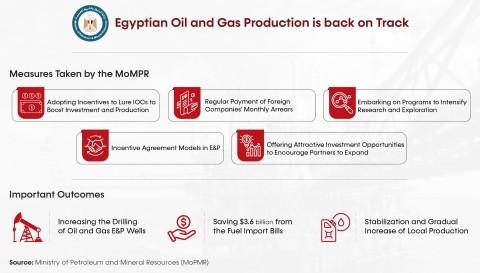Chad will receive a larger share of royalties in a new deal with China National Petroleum Corp., helping offset revenue losses from lower oil prices, Petroleum Minister Djerassem Le Bemadjiel said.
Lawmakers in the central African nation this week are expected to approve a renegotiated contract with CNPC, Le Bemadjiel said in an interview at his office in the capital, N’Djamena, on April 28. The deal will also give the nation a 25 percent share of production, compared with nothing now, he said.
The government canceled CNPC’s license last year after saying it failed to pay a $1.2 billion fine for environmental violations. No one answered the phone at CNPC’s office when Bloomberg called multiple times and the company didn’t respond to several e-mails seeking comment.
“It is absolutely better for us, even the royalties,” said Le Bemadjiel. “On the old concession, the royalty is 12.5 percent, on the new concession it is 14.25 percent.”
Oil production in Chad, the seventh-biggest producer in sub-Saharan Africa, is forecast to increase to 180,000 barrels per day by the end of this year from 155,000 barrels per day at present, said Le Bemadjiel. The country relies on crude exports for more than two-thirds of its income and has been hit by a more than 40 percent drop in oil prices since June.
Militant Fight
The cost of joining the war against militant group Boko Haram in neighboring Nigeria is further adding pressure to Chad’s budget. The $13.5 billion economy has been ruled by President Idriss Deby since he seized power in a 1990 coup.
The drop in oil prices has forced the government to cut spending. The International Monetary Fund announced on Wednesday Chad qualified for $1.1 billion of debt relief after the country met targets under its Heavily Indebted Poor Countries Initiative.
“Our budget is almost 70 percent dependent on oil revenue,” said Le Bemadjiel. “So when you see the oil price crash, it has a huge impact on us.”
CNPC promised to pay about $400 million to end the environmental disagreement with Chad, Reuters reported in October. The company operates upstream and downstream projects in Chad and has a 60 percent stake in an oil refinery in N’Djamena for the local market, according to its website.
Oil Era
Le Bemadjiel said crude output over the past two years has increased as flows from the Badila, Mangara and Grand Baobab deposits were exported via a pipeline to the Douala port in neighboring Cameroon.
“We have numerous discoveries under development or evaluation,” said the minister. “I would say that we are at the beginning of the oil era of Chad contrary to what people think. The second wave.”
Chevron last year sold for $1.3 billion a 25 percent non-operated interest in the Chad-Cameroon pipeline and seven fields in the Doba Basin to the government, said the minister. The lifetime of the Doba project will go beyond 2035, he said.
“Initially the plan was to drill 300 wells, today in Doba we are almost 1,000 wells,” said Le Bemadjiel. “It does not mean the reserve has increased, but due to the complexity we need to increase the number of wells to get the same production out.”
Source: Bloomberg












